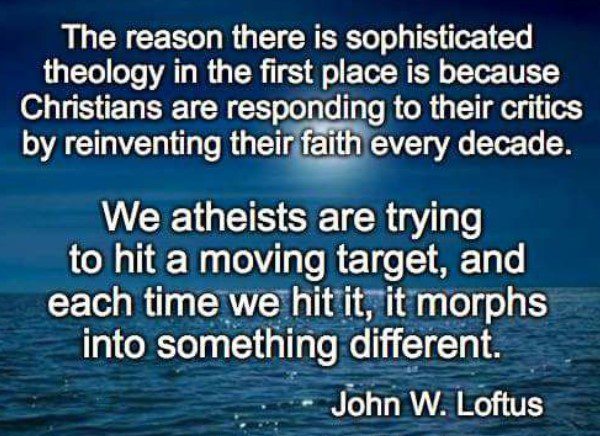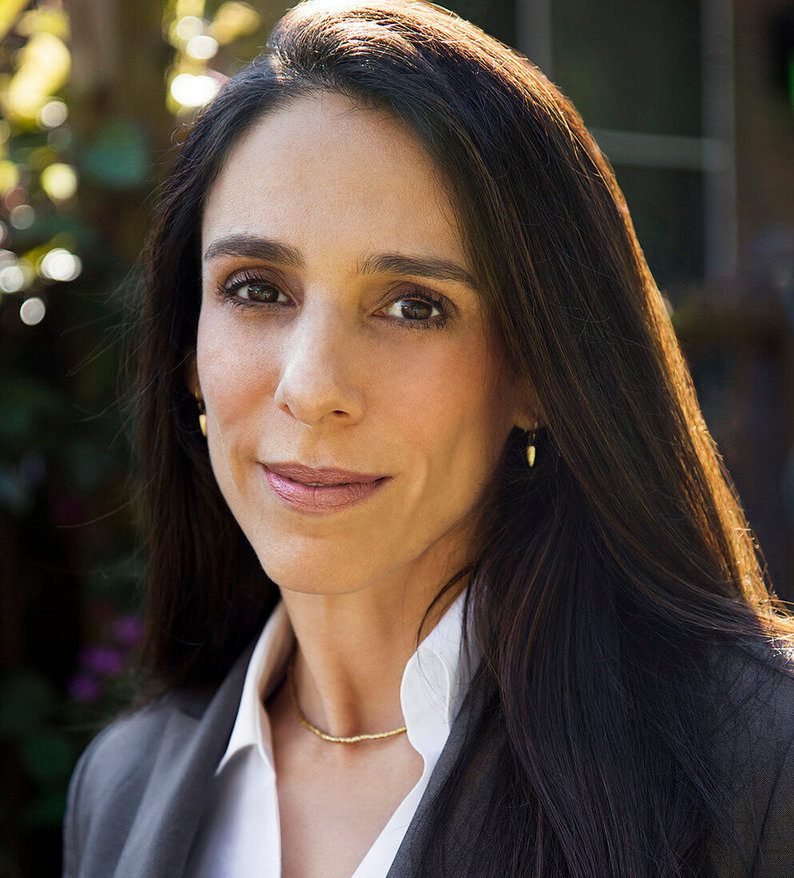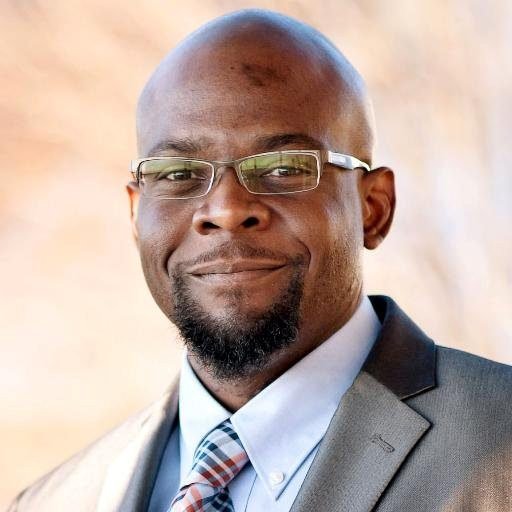
Here’s a good question about why so many New Testament textual critics (those who study the manuscripts of the New Testament) are evangelical Christians.
….
The interesting thing about the discipline is precisely what this questioner is suggesting. Evangelical Christians who believe the Bible is the inspired word of God down to its very words make up the majority of New Testament textual critics. By a (very) large margin. And so the question is why?
….
So why do evangelicals so frequently go that route? I would say that, as a rule, it is for one of three reasons.
First: theology. It is precisely because of their theological convictions that many evangelicals want to devote their lives to knowing what the NT authors originally wrote. If the original words of the Bible were inspired by God, then it is important to know what those words were. Scribes occasionally (OK, often) changed the words. But who cares what some anonymous scribe thought or wanted to say? We want to know what GOD wanted to say! And so we have to figure out which words come from scribal changes and which from God. We can throw out the former and will revere the latter. Any time a verse is worded in different ways, only one of those ways is original (assuming the original itself wasn’t lost along the way, so that *all* we have are various kinds of changes); we need to figure out which one it is. For me, personally, this was THE MAIN REASON I wanted to become a textual critic.
Second: apologetics. The term “apologetics comes, as you might suspect, from the word “apology,” which in this context decidedly does not mean saying you’re sorry. Apology in its technical sense refers to a “reasoned defense” of a view – say an ideological perspective, a philosophical position, or a religious claim. Christian apologists make, or try to make, intellectual arguments for their religious views, trying to show, for example, what the actual evidence is that Jesus was really born of a virgin or raised from the dead, or that the human race was created not evolved, or that the Bible is the word of God without mistake. In some periods of Christian intellectual history – including right now, as we speak – one reason often adduced for doubting that the Bible is the inspired word of God is that it doesn’t seem to be all that important, or even plausible, that God inspired the words of the Bible if we don’t’ know what the words are. Evangelicals who go into textual criticism often do so in order to be able to show that we know the original words and that therefore there is no reason for doubt: we have the very Word of God.
Third: professional career. Graduate students in New Testament studies, just like graduate students in any academic discipline, almost always do a PhD because they want to have high-level credentials and respect from colleagues in what they do. There are very few disciplines in which a person’s theological views create real and serious difficulties. If you are a Mormon, or Buddhist, or observant Jew – nothing about your personal religious views should have much bearing on your ability to do a PhD in physics, or anthropology, or French literature. Your views do not prevent you from accepting the widely held premises of your discipline.
….
The problem is especially intense, though, in the (much smaller) field of New Testament studies. There are certain assumptions, views, ideas, approaches, methods that simply do not work well with conservative evangelical understandings of the Bible. If you think the Bible is without mistake of any kind, it is very difficult to engage in the kind of critical study of the New Testament that is promoted in research universities and non-Christian colleges (whether Princeton or Florida State or Appalachian State University, or Swarthmore, or Kenyon College or … or pick your secular school….) – work that admits that Paul may not have written Colossians, or that John may not be historically accurate, or that Luke has a different view of salvation from Mark, or that many of the teachings of Jesus in the Gospels are based on oral traditions that were altered over the years. And that makes it difficult for evangelicals to get a PhD in many areas within New Testament studies. But not all.
….
A problem arises only when this kind of work gets turned on its head into some kind of “apology” for evangelical causes, as if showing what an author probably wrote originally has anything to do with whether what he wrote is true or not. Textual criticism cannot say a single thing about the truth claims of an author’s text, about whether he was right or wrong. It can only (try to) show what the author originally wrote. People who claim that knowing what an author wrote somehow shows that what the author wrote is right (even if these people have have PhD’s in the field) are simply being duplicitous or stupid (or both).
And unfortunately, there are some of those out there, at least among the evangelical crowd, who sometimes say such crazy things as “we can trust the New Testament because we have more manuscripts than for any other ancient document.” Good grief. Our decision to trust an author is never based on the number of copies of his book.
— Dr. Bart Ehrman, Why Do Are So Many Textual Critics Evangelicals? July 26, 2020








